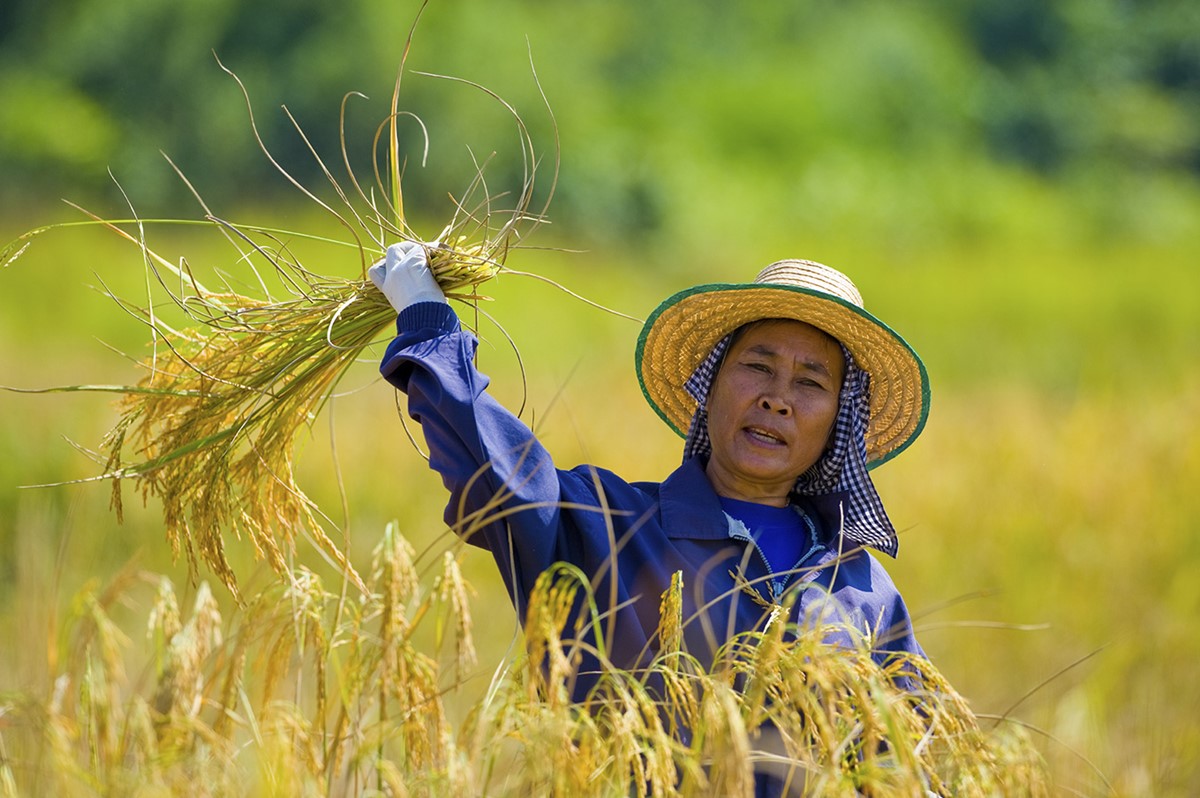Finding new ways to feed the world’s population
Our plant biologists are searching for new ways to feed the world’s population. A research centre exploring new technologies for improving crop yields to secure food supply has been launched at the Research School of Biology.
The Australian Research Council (ARC) Centre of Excellence (CoE) for Translational Photosynthesis seeks to increase yields of major crops such as wheat and rice by improving the way that plants capture the sun’s energy through photosynthesis.
“This is an underexploited area of science that could enable us to feed future populations. By 2050, nine billion people are expected to survive on earth with the food resources produced by plants; today’s agricultural methods will struggle to meet these demands,” said Director of the Centre, Professor Murray Badger.
[[{"fid":"7927","view_mode":"default","type":"media","attributes":{"alt":"Translational photosynthesis","class":"media-element file-default"}}]]
Undergraduate degrees
If you are fascinated by the world around you and want to make a difference for future generations one of our degrees in science, biology or genetics might be just what you are looking for.
Science impacts every part of our lives—from what we eat to the devices we use to keep in touch with our friends. Imagine being part of the future scientific discoveries that will define your generation.

